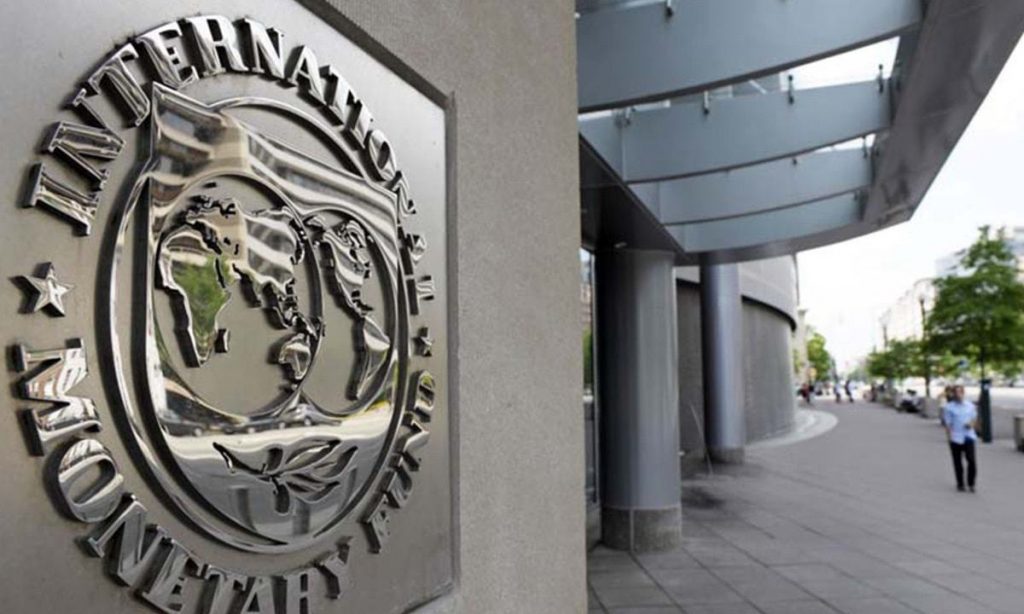IMF-team paints dark picture of road to recovery

PHILIPSBURG — St. Maarten’s Gross Domestic Product (GDP) will drop 25 percent this year as a result of the COVID-19 crisis. This appears from a note written by a team of the International Monetary fund (IMF) after its visit to the island on June 19.
The IMF assumes that financial support measures will remain necessary until at least December of this year, but that there is a risk that these measures will be needed even longer.
At the end of this year, the country’s financing gap will be 429 million guilders ($139.7 million).
Tax revenue in April-May dropped by 48 percent compared to the same period of 2019. St. Maarten received a 123 million guilders ($68.7 million) 2-year zero-interest loan from the Netherlands to stay afloat.
The IMF points out that medium-term reform will achieve more for the stability of public finances than temporary and easily reversible cuts in expenditures.
The recession in St. Maarten is likely going to be deeper than in Curacao, due to the larger dependency of its economy on tourism. After a gradual recovery, the economy will reach 2019 levels by 2023 or 2024. Employment is assumed to fall by 11 percent of the labor force and private consumption will contribute negatively to economic recovery due to a decline in employment and lower wages.
The government debt as a percentage of GDP will increase from 40 percent in 2019 to 80.2 percent by the end of this year and further increase to 83.7 percent in 2021. By 2025 there will be a slight drop to 66.5 percent according to the IMF-team.
The IMF observes that replacing temporary cuts in secondary benefits with more durable measures (like a wage freeze or a civil service reform) will have a better impact on the sustainability of public finances.
The priorities for St. Maarten should be the tax administration, financial management and health system reform. In the current form, the healthcare system is not sustainable according to the IMF. The government should also work on a roadmap towards tax policy reforms.
The road to economic recovery is not going to be easy; accelerated execution of Trust Fund supported programs would help, but next to that the IMF considers labor market reform as a critical factor. St. Maarten should do away with rigid labor laws and give employers the option to reduce working hours and to implement layoffs based on a company’s needs. “That would help to reduce the risk of mass bankruptcies,” the IMF-team observes in its report, though it adds that such reforms should go hand in hand with the creation of adequate safety nets, for instance in the form of a proper unemployment benefits scheme.
###
Related articles:
New rules for payroll support























